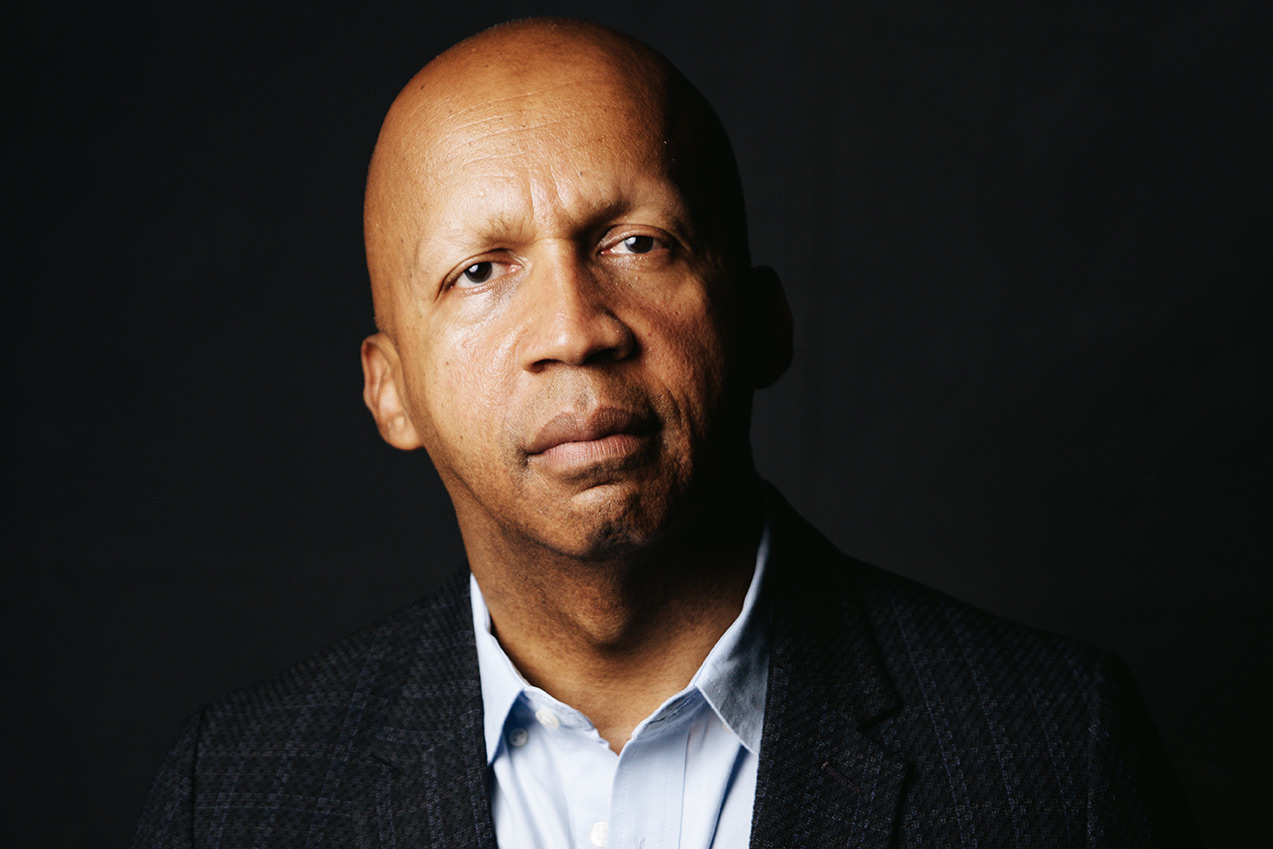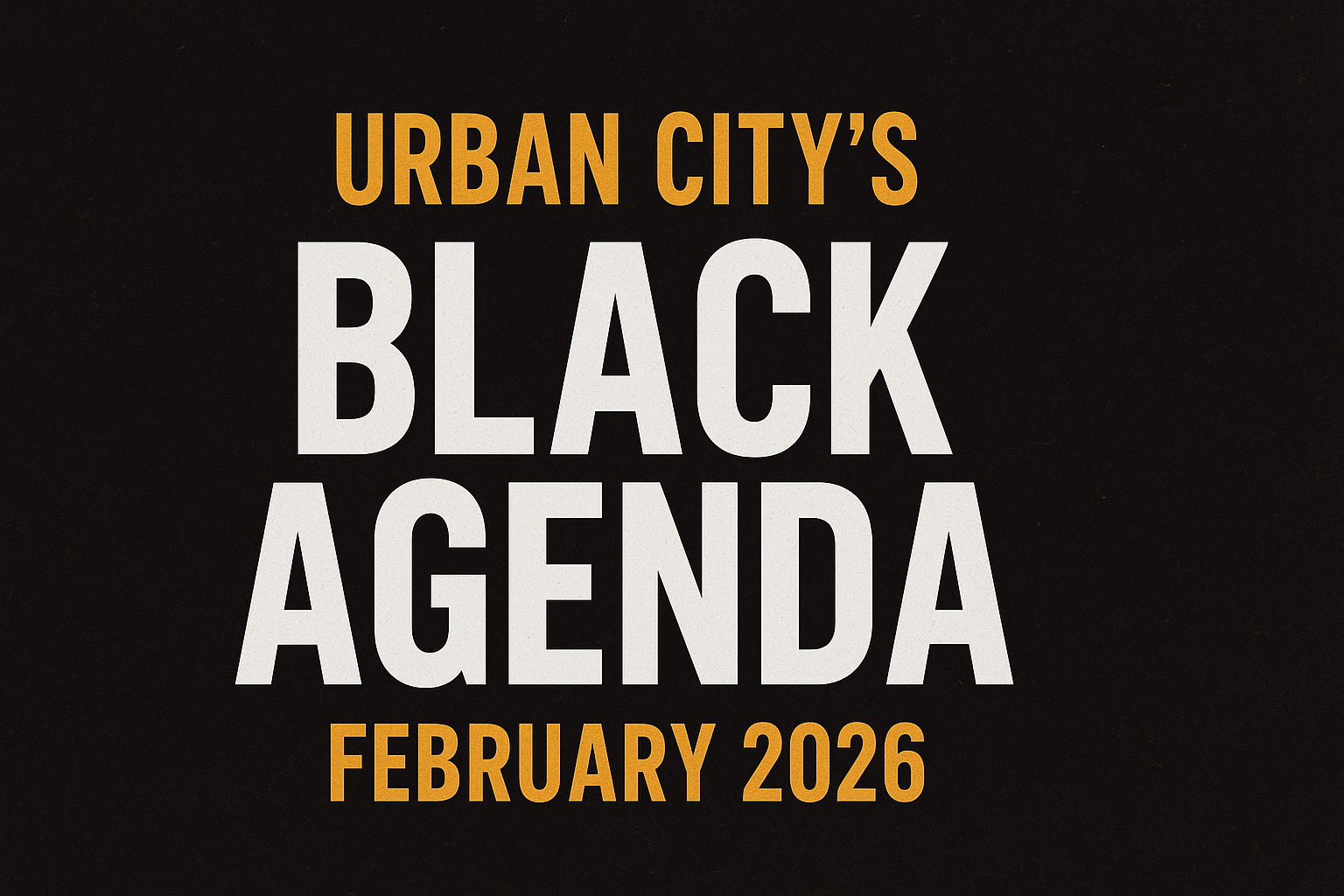Key Takeaways
- Understand the quirks of the credit system to navigate it effectively.
- Consistent on-time payments and credit management are crucial.
- Exploring financial alternatives can provide unexpected opportunities.
Winning the Credit Score Game
Let’s be real—credit scores can feel like a rigged game, especially when they don’t reflect your true financial potential. But don’t worry, you’ve got the power to flip the script.
By mastering the credit system’s quirks—like keeping those payments on time, managing your credit usage, and exploring alternatives—you can transform obstacles into opportunities.
Ready to break free from the credit trap and start winning? Your financial revolution awaits.
Understanding the Flaws in Traditional Credit Scoring
Even though credit scores have become a staple in financial decision-making, they’re riddled with flaws that disproportionately impact our communities.
You’re likely aware that credit report inaccuracies aren’t just inconvenient—they can cost you big time. Imagine being denied credit or paying higher interest rates because of a mistake you didn’t even make. One-third of credit reports contain errors, and 20% of these are severe enough to deny credit.
Connecting payroll accounts to lenders reduces fraud and errors, benefiting both lenders and consumers. It’s not just about errors, though. Systemic bias plays a role too, excluding millions from the credit system and perpetuating inequality.
Factors like income, rent, and utility payments are ignored, leaving gig workers and diverse communities at a disadvantage. You deserve better, and understanding these flaws is the first step to empowerment.
Strategies to Navigate the Credit System
Steering through the credit system can feel like an intimidating task, but with the right strategies, you can take control and leverage it to your advantage.
Start by focusing on your payment history. Make sure you pay your bills on time, as late payments can drag down your credit score considerably. Automate payments if needed to keep things smooth.
Next, optimize your credit utilization. Aim to keep your balances low, ideally below 30% of your credit limit. Paying off your credit card monthly helps maintain a healthy score.
Be strategic with applications—apply only when necessary, as too many inquiries can temporarily hurt your score.
Exploring Alternative Credit Models
You’re probably aware of the traditional credit scoring system and its limitations, especially if you’ve been working hard to navigate through it.
But there’s hope on the horizon with alternative data and scoring models. These innovative systems explore non-traditional data sources like rental payments, utility bills, and even social media behavior.
By leveraging advanced algorithms, they aim to provide a more accurate, inclusive picture of creditworthiness, especially for those in underrepresented communities.
Imagine a world where your financial habits are seen in a broader light, enhancing access to credit and reducing bias.
Businesses can even tailor these models to better serve specific demographics, blending traditional and alternative data for an all-encompassing view.
Let’s accept these changes and empower our community!
Empowering Yourself Through Financial Education
While traversing the financial terrain, understanding the power of financial education is essential for empowerment and growth.
By grasping financial literacy, you’re not just steering money management but securing a stronger economic future.
Here’s how you can empower yourself:
- Build an Emergency Fund: With 22% lacking this safety net, prioritize saving to ease financial anxiety and avoid living paycheck to paycheck.
- Educate Early: With only 23% of states requiring financial education, take initiative. Knowledge from personal finance classes can boost credit scores and financial stability.
- Invest in Continued Learning: Recognize the impact of financial literacy on reducing economic inequality by attending seminars or workshops.
Play the Credit Game and Win
You’ve got the tools to turn the tide in this credit game, so don’t let the system define you. Remember, “knowledge is power.”
By understanding credit’s quirks and leveraging alternative data, you can outsmart the biases. Keep learning and share what you know—this is how we uplift our communities. Together, we can rewrite the narrative to ensure financial success and representation for all.
So, keep moving forward—your economic empowerment fuels not just your dreams but also the dreams of those around you.
Let’s turn knowledge into action and make a difference!














